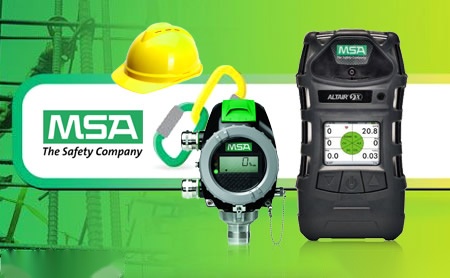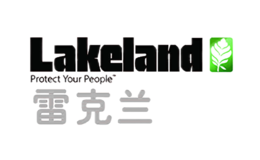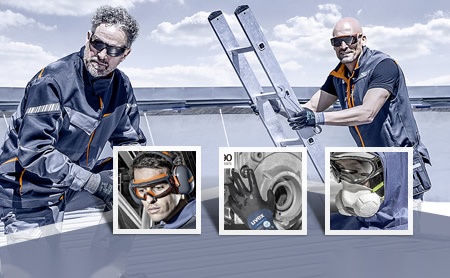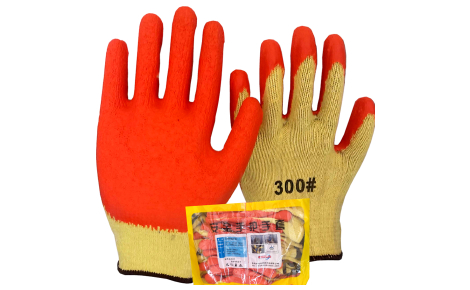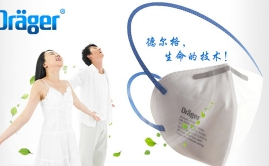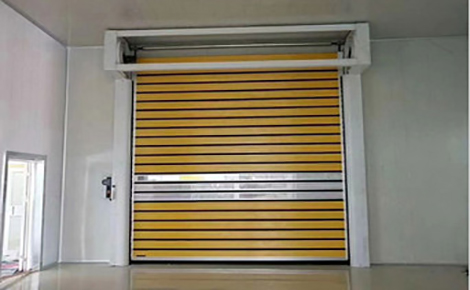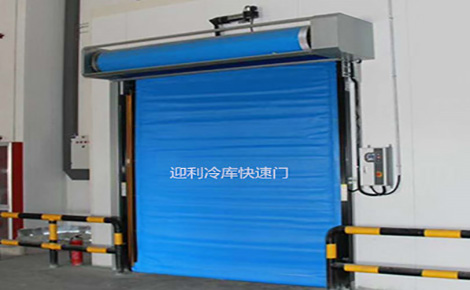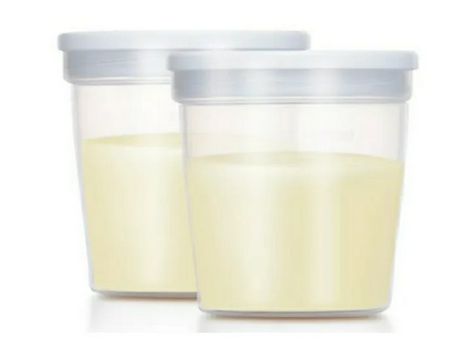
1個回答
Protective Clothing

Protective clothing is an essential part of personal protective equipment (PPE) that is designed to protect individuals from hazardous substances, chemicals, or environmental factors that may pose a risk to their health and safety. It is widely used in various industries such as healthcare, manufacturing, construction, and emergency services. The purpose of protective clothing is to prevent or reduce the exposure of the body to potential hazards, thereby minimizing the risk of injury or illness.
In recent years, the importance of protective clothing has been highlighted due to the outbreak of infectious diseases such as the Ebola virus and the COVID-19 pandemic. Healthcare workers, in particular, rely on protective clothing to protect themselves and prevent the transmission of diseases to patients and the community. The use of appropriate protective clothing, along with other infection control measures, plays a crucial role in containing the spread of infectious diseases and ensuring the safety of both healthcare workers and patients.
Protective clothing typically includes garments such as coveralls, gowns, aprons, gloves, masks, goggles, and boots. These garments are made from various materials depending on the level of protection required and the specific hazards present. For instance, in healthcare settings, disposable gowns and gloves are commonly used to provide a barrier against blood, bodily fluids, and other potentially infectious materials. These garments are usually made from non-woven fabrics that are lightweight, breathable, and resistant to liquid penetration.
In industrial settings, protective clothing is often designed to protect against physical hazards such as heat, flames, chemicals, and sharp objects. Flame-resistant clothing, chemical-resistant suits, and high-visibility vests are examples of protective clothing used in these environments. These garments are typically made from specialized fabrics that are durable, flexible, and resistant to the specific hazards they are intended to protect against.
The selection of appropriate protective clothing is crucial to ensure its effectiveness in providing the necessary protection. Factors such as the nature of the hazard, the duration of exposure, and the comfort of the wearer should be taken into consideration. It is essential to choose clothing that fits well and allows for ease of movement, as ill-fitting or uncomfortable garments may hinder the wearer's ability to perform tasks safely.
In addition to proper selection, the proper use and maintenance of protective clothing are equally important. Users should receive training on how to properly don and doff protective clothing to minimize the risk of contamination. Regular inspection and maintenance of the garments, including cleaning and disinfection, are necessary to ensure their integrity and effectiveness. Disposable garments should be properly disposed of after use to prevent cross-contamination.
The development of new technologies and materials has led to continuous improvements in protective clothing. For instance, advancements in fabric technology have resulted in the development of lightweight yet highly protective materials that offer increased comfort and breathability. Additionally, the integration of smart textiles and sensors into protective clothing allows for real-time monitoring of vital signs, temperature, and exposure to hazardous substances, providing valuable data for risk assessment and decision-making.
In conclusion, protective clothing is a vital component of personal protective equipment that plays a crucial role in ensuring the health and safety of individuals in various industries. Whether it is protecting healthcare workers from infectious diseases or industrial workers from physical hazards, the proper selection, use, and maintenance of protective clothing are essential. As technology continues to advance, we can expect further enhancements in the design and functionality of protective clothing, making it even more effective in safeguarding the well-being of individuals in hazardous environments.


 掃一掃關注品牌網
掃一掃關注品牌網


 瀏覽(140)
瀏覽(140)

 贊(0)
贊(0) 分享
分享 舉報
舉報
